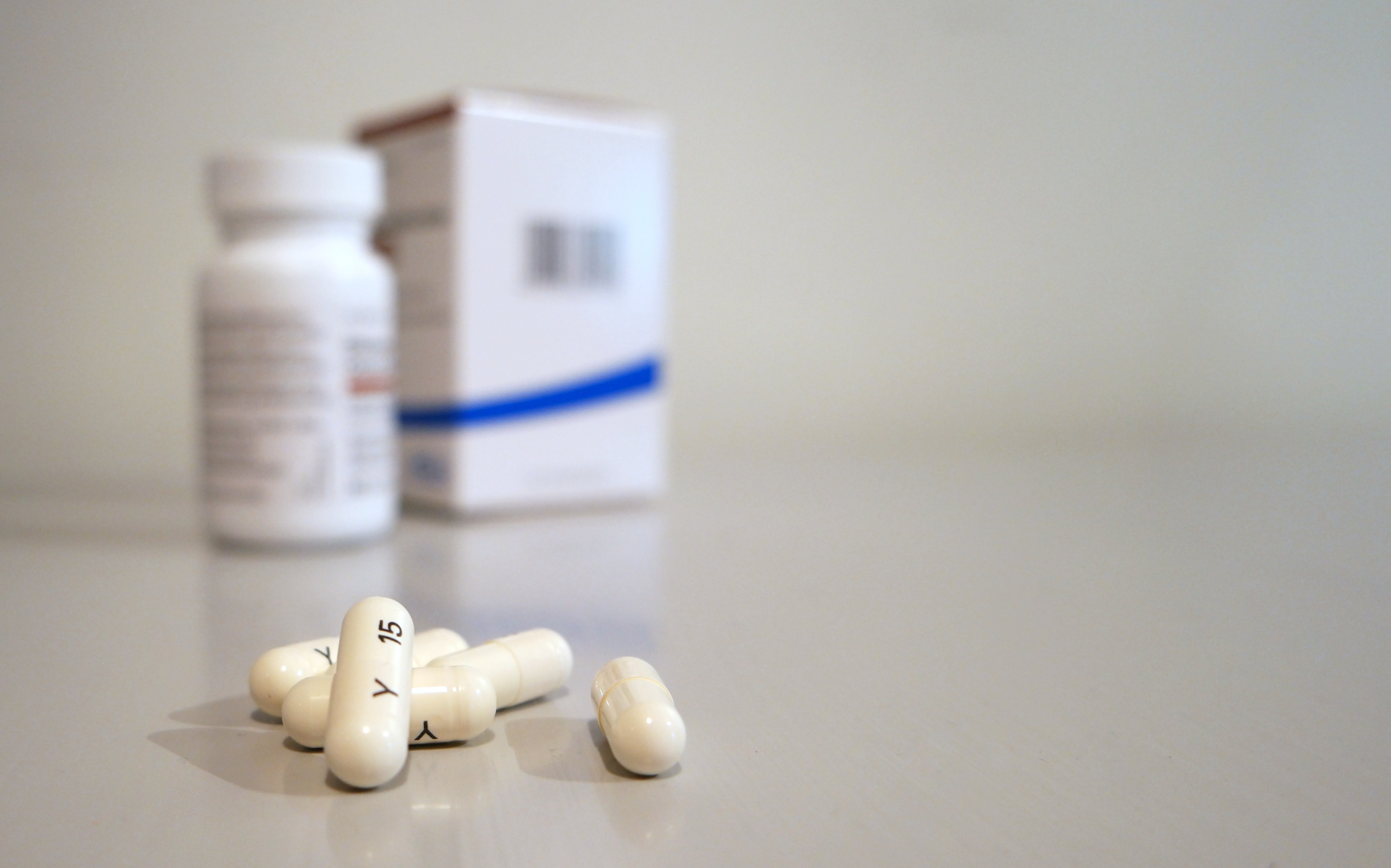Liposomal formulations have been a hot topic in the pharmaceutical industry for decades now. The reason for this is simple: liposomes provide a means to deliver drugs in a more controlled and targeted way, leading to better treatment outcomes for patients. The liposome, a spherical vesicle composed of a phospholipid bilayer, has the unique ability to encapsulate both hydrophilic and hydrophobic drugs. This allows for improved solubility, bioavailability, and sustained-release properties of drugs. In this article, we dive into the advantages of using liposomal formulations in the pharmaceutical industry.
1. Improved drug efficacy:
Liposomal formulations offer the possibility to improve drug efficacy by delivering the drug directly to the target cells. The liposome allows for the drug to be selectively delivered to the desired location with high specificity. Furthermore, pathogens and cancer cells are known to have altered cell membranes, which can be selectively fused with liposomes, allowing for more selective drug delivery. This targeted approach can reduce the dose of the drug needed, resulting in fewer side effects and improved patient outcomes.
2. Superior pharmacokinetics:
Liposomal formulations offer superior pharmacokinetics by improving the bioavailability of the drug. The unique lipid bilayer structure of liposomes allows for the encapsulation of both hydrophilic and hydrophobic drugs, improving solubility and reducing the degradation of drugs. For example, liposomes have been used to deliver chemotherapy agents such as doxorubicin, with studies showing a 10-fold increase in the drug’s half-life when administered as a liposomal formulation. This allows for sustained drug release and prolonged circulation, which can translate into reduced drug dosing frequency and better patient compliance.
3. Protection of the drug:
Liposomal formulations can protect drugs from degradation by enzymes in the body, especially those that are unstable in circulation. This protection can result in improved drug stability, prolonging the drug's shelf life. For example, liposomal formulations of insulin are being researched to prevent degradation by digestive enzymes, which can be beneficial in patients with type 1 diabetes. Additionally, liposomes can help prevent immune system clearance and reduce drug toxicity by encapsulating the drug and keeping it contained until it reaches the targeted site.
4. Formulation versatility:
Liposomes can encapsulate a wide range of therapeutic agents, from small molecules to macromolecules, including DNA and RNA. This makes them an attractive option for drug delivery in a variety of therapeutic areas, including cancer, infectious diseases, and diabetes. Furthermore, liposomal formulations can be modified to alter drug release profiles, targeting approaches, and size distribution, making them an exceptionally versatile drug delivery system. Liposomes can be functionalized with different ligands, which selectively bind to cells, enabling targeted delivery of drugs to specific organs.
5. Significant commercial potential:
There is significant commercial potential in using liposomal formulations for drug delivery in the pharmaceutical industry. The global liposome drug delivery market is projected to reach $6.8 billion by 2025, with significant growth in cancer treatments. This growth is driven by the significant advantages liposomal formulations have over traditional drug delivery methods. Furthermore, the approval of multiple liposomal formulations by regulatory agencies such as the FDA and EMA demonstrates the safety and efficacy of this drug delivery system.
In conclusion, the advantages of using liposomal formulations in the pharmaceutical industry are many. Liposomes can offer improved drug efficacy, superior pharmacokinetics, protection of the drug, formulation versatility, and significant commercial potential. With the global drug delivery market projected to grow significantly in the next few years, liposomal formulations have a significant role to play in the pharmaceutical industry. Pharmaceutical companies can benefit from continued research and development of newer and more potent liposomal formulations to address unmet clinical needs and provide better treatment options for patients.






